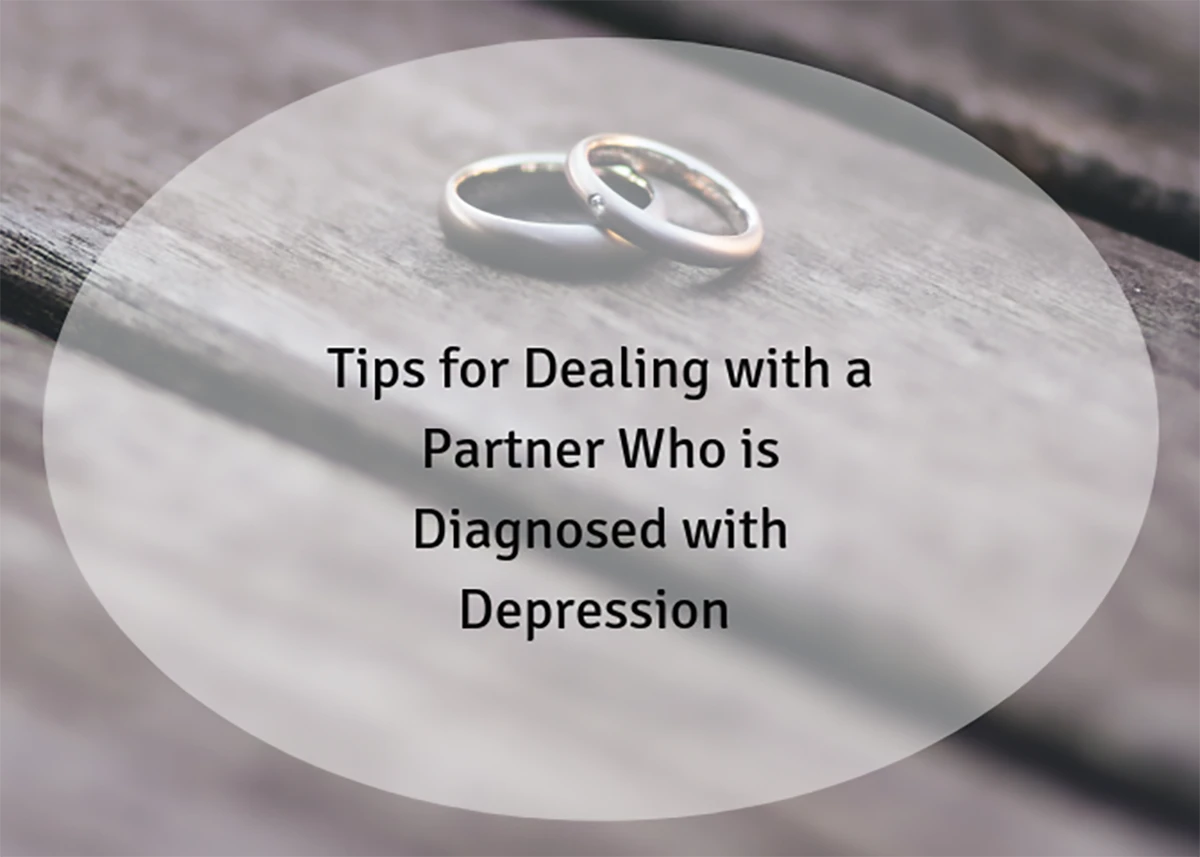Having a depressed partner can affect the dynamics of a healthy relationship. “Depression varies tremendously in severity, but it has many behavioral impacts that can profoundly affect all significant relationships,” said Dr. Jay Baer, director of ambulatory services in the department of psychiatry at Brigham and Women’s Hospital in Boston. All the elements of depression can affect a marriage, as well as disrupt home and family life. However, the condition can be uniting, Baer says, when you face the illness together.
Here are tips to follow when a spouse is battling depression:
Try to stay on the same team: “The enemy is the illness, and not the spouse with depression,” Baer told LiveScience. Actively work to help your spouse get better, instead of letting it drive your relationship apart. Take a daily walk together, provide a ride to a doctor’s appointment, or ensure that medications are being taken.
Don’t get bogged down in stigma or angry feelings: Having to explain why a spouse is missing from social gatherings or experiencing a shift in household responsibilities can provoke anger or feelings of resentment. In addition, the depressed spouse may feel ashamed of having a mental health disorder which could prevent them from seeking treatment.
Help your spouse get a proper diagnosis and treatment: Baer suggests starting the conversation with something along the lines of, “I love you, but I hate watching you suffer. Depression is a common problem and you shouldn’t be ashamed of having it, so let’s find out more about this illness together.”
Show receptivity: Encourage open communication, asking about feelings and listening without passing judgment. If someone is in a bad depression, you might hear things that could freak you out a bit because you’re not used to the symptoms. Defer making any decisions about your marriage until the depressive episode has passed.
Offer to go to a doctor’s visit: “It’s incredibly helpful to see a depressed patient along with their significant other,” Baer said, since the spouse is often a wealth of information and observation.
Give children and teens age-appropriate information: Talk to your kids about the illness in a sensitive and honest way so they won’t feel afraid or worried. Some depressed parents say that obligations to children help them to function better.
Understand that depression is usually an episodic illness: Sometimes, couples therapy may be an option. “You may have work to do as a couple to improve your relationship, but this should be done at a separate time, when your spouse is feeling better,” Baer says.
If you or a loved one are currently suffering from depression, Preferred Research Partners is currently enrolling individuals for a research study in Little Rock. If you are interested in learning more about the study and your qualifications, fill out the form below and a study rep will reach out to you shortly!
Resources: http://www.livescience.com/45568-tips-dealing-depression-spouse-partner.html

